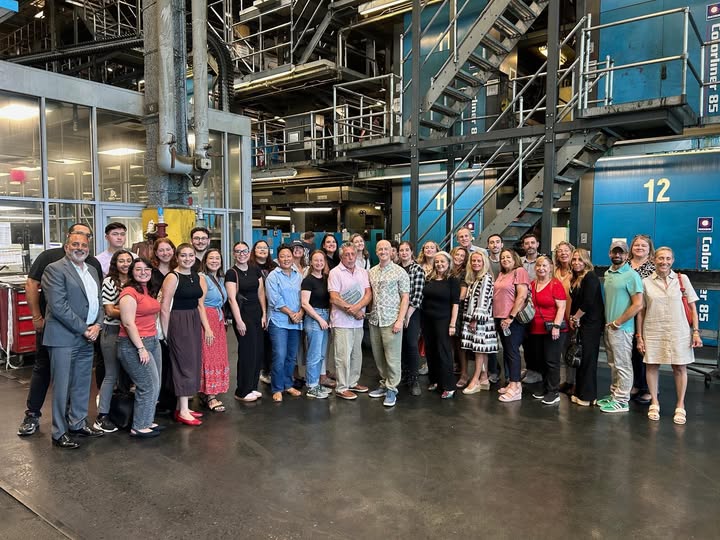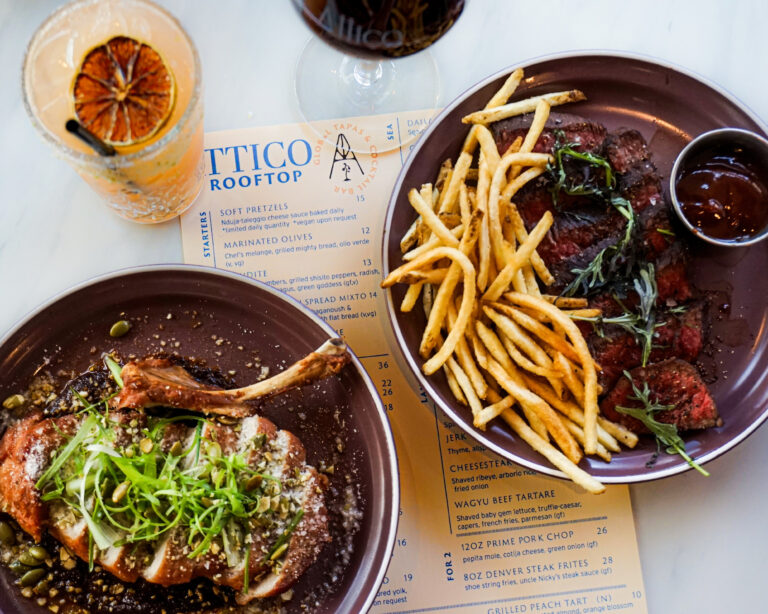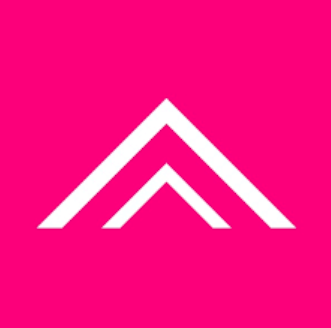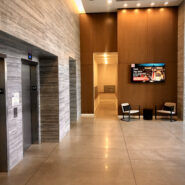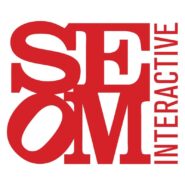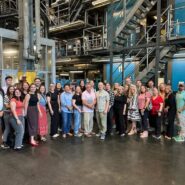
Challenge Accepted
Challenge Accepted:
My name is Kayla Powers, and I’m a senior at Temple University majoring in Advertising with a concentration in Account Management and Brand Strategy. Prior to this internship, my experience was limited to my time at Allotrope Student Agency, where I developed some basic, foundational skills in the field. I’ve been particularly interested in pharmaceutical advertising, with full transparency, in part due to the financial opportunities, so I was excited to gain experience to see if this industry was truly right for me.
Elevate is a pharmaceutical advertising agency located in Blue Bell, PA, specializing in med-tech and pharmaceutical brands. The agency advocates for healthcare challenger brands, helping them unlock their full potential. Elevate has earned multiple industry awards, including PM360’s 2024 Agency of the Year and the 2025 Pharma Choice Award for Best Self-Promotion Campaign. It also maintains a strong focus on diversity and inclusion, with a dedicated department for these initiatives, and has been named one of the best places to work in Pennsylvania for six consecutive years.
During my time at Elevate, I reported to Eric Cooperman in the Client Engagement department. My goal was to gain exposure to a real pharmaceutical agency setting and determine whether I’m more drawn to account management or research. At Temple, I felt one of the biggest gaps in our education was the lack of real-world client interaction, which is understandable since we’re still students. Through this internship, I wanted to observe client meetings, better understand relationship dynamics, and build confidence in my ability to one day lead conversations.
Navigating New Frontiers:
I learned pretty quickly that communication, organization, and evolution are everything when it comes to working in an agency.
Organization and communication were a big part of my day-to-day. I used tools like Workamajig, Hive, and DropBox to stay on track. Submitting timesheets through Workamajig helped me understand how hours tied into the budget, and DropBox taught me how important it is to save everything, even client emails. Managing multiple projects pushed me to keep both Elevate’s folders and my own desktop organized. Hive made it easier to follow where projects stood and what needed to be done. Communication happened constantly across Slack, Zoom, and Outlook. Slack was great for quick updates and team culture, but we had to be ready to hop on a huddle or Zoom at any time. I also got used to checking emails outside of regular hours because of time zones. Regular check-ins with Eric helped me stay in the loop, even on projects I wasn’t directly working on.
One of the coolest parts was being part of the AI Committee. It showed me that agencies are always evolving, and it’s not just about the work you do now, it’s about staying ahead. The committee had representatives from every department: copy, art, project management, and more. This helped me see how AI impacts each area differently. Right now, copywriters aren’t allowed to use any form of AI due to the confidential nature of pharmaceutical work. That made me realize how strict the industry is when it comes to privacy and accuracy. Still, the fact that Elevate formed a committee around AI shows they’re thinking long-term and trying to figure out how to adapt responsibly, even if it’s just step by step.
Mission Exploration:
*To protect confidentiality, I’ve replaced company names with planets (e.g., Project Jupiter) due to the sensitive nature of pharmaceutical work.*
Project Jupiter gave me hands-on experience finalizing creative assets and collaborating closely with the Art team. I learned how ideas evolve through the routing process, the role of legal copy in slide decks, and the difference between internal and external presentations. I also saw what it means to work “at risk” during website development and got a glimpse into the detailed planning behind a conference booth, from layout to vendor coordination.
Project Venus focused on a national sales meeting and introduced me to brand architecture and naming strategies. I found it interesting to see how naming decisions fit into a broader portfolio. I also experienced the challenges of agency-client communication while working on a sizzle reel. Our first version didn’t meet client expectations, so we had to pivot and deliver a completely different piece. This taught me the importance of clear communication and flexibility in creative work.
On Project Mars, I focused on message development and how it shifts depending on the audience: occasional users, rival users, or previous product users. I learned how to break down messaging into emotional benefits and key selling points, and I also contributed to product naming. This involved considering pronunciation, visual appeal, and long-term brand fit, showing just how layered branding decisions are in pharma.
Elevating the Experience:
Going into the internship, I wasn’t sure how hands-on the experience would be, but it ended up being much more involved than I expected. One of my main responsibilities was creating the daily Project Status Sheet, which outlined project titles, statuses, next steps, and team leads. This helped me track progress, understand workflows, and anticipate what was coming next. I also explored competitive research by analyzing healthcare websites and social media for Project Saturn and identifying industry gaps for Project Pluto.
Beyond research, I became familiar with tools like Veeva and learned how AMP and medical legal review (MLR) fit into timelines and planning. I was also introduced to finance processes, including how budgets are tracked and hours reallocated when projects go over. One of the most valuable lessons came from learning about category development. I realized that success isn’t about being first to market, but about defining a clear solution and building a new space for it. That perspective made me even more excited about the industry and eager to keep growing, even if my path starts in account management.
Ready for Takeoff:
Throughout the semester, I applied what I learned at Elevate in real time, which gave me confidence in both leadership and collaboration. In my campaigns class, I used insights from my internship to guide my group, creating timelines, assigning tasks, and learning how to balance team and client needs, like when creative ideas clashed with client preferences. Small habits, like keeping my camera on during Zoom, helped improve my professionalism. Writing creative briefs helped me take what I learned from the client and translate it into clear information that art and copy could easily understand and use to start the project. Exposure to branded slide decks with clear formatting improved my presentation skills and made my work feel more polished.
What I’ll take with me after graduation is a mindset shaped by my experience at Elevate. I learned to ask questions early to avoid rework, step outside my comfort zone by taking initiative, and handle feedback independently. The idea of “always do more” stuck with me. Extra effort can always be scaled back, but a lack of effort is harder to fix. I also came to understand the importance of industry knowledge. Even outside a research role, being a strong account person means staying informed, tracking competitors, and offering strategic insights. Most of all, Elevate taught me that career growth doesn’t end with a diploma. Continuing to refine my skills, follow industry shifts, and seek out learning opportunities will be key to long-term success.
